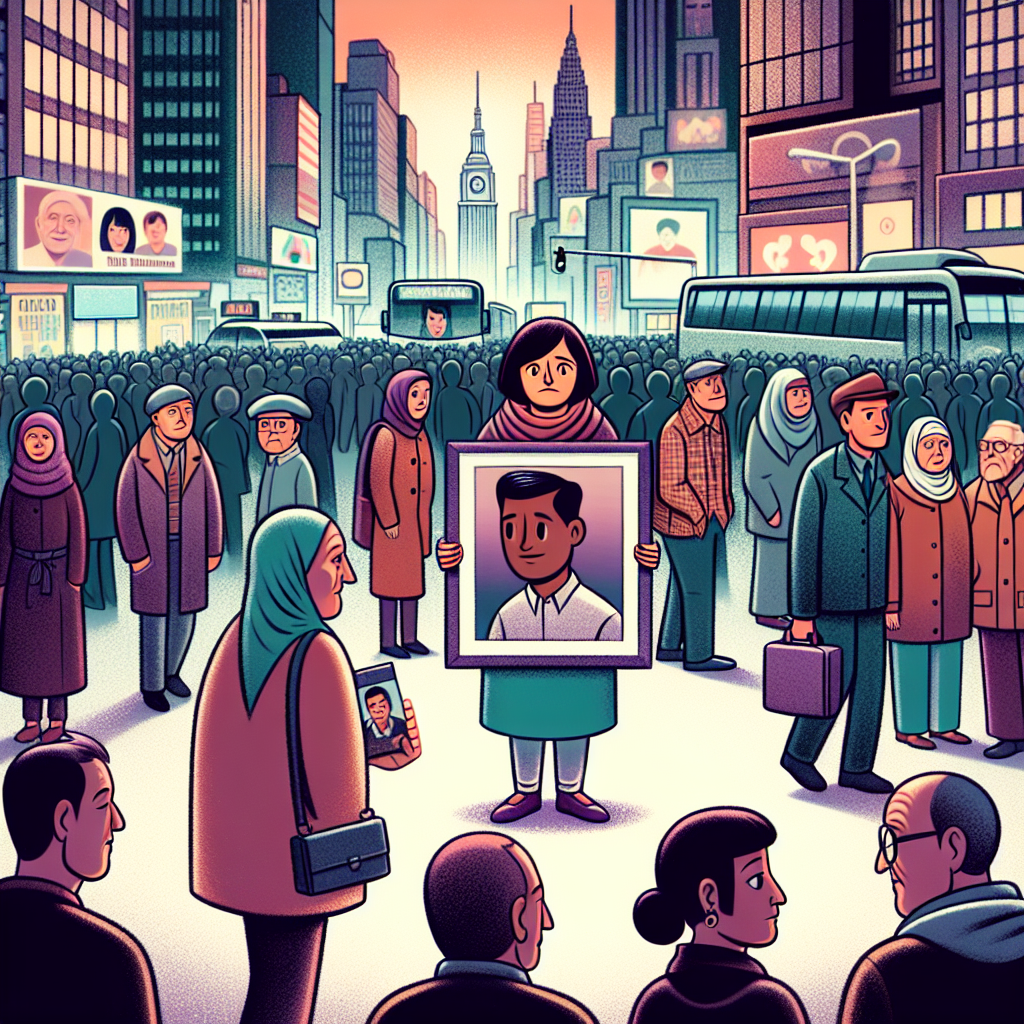Hope Amidst Agony: Bangladesh's Battle Against Enforced Disappearances
In Bangladesh, the nightmare of enforced disappearances persists, with hundreds still missing. The interim government's formation of a commission to investigate cases offers hope to the affected families. Under former PM Sheikh Hasina's administration, forced disappearances were rampant, with security forces detaining opponents in secret centers.

- Country:
- Bangladesh
In a dimly lit room in Dhaka, Baby Akhtar clutches a faded photograph of her husband, Tarikul Islam Tara, who vanished twelve years ago after allegedly being taken by Bangladesh's security agencies. Her personal tragedy reflects a broader nightmare of enforced disappearances that has haunted Bangladesh for over the last 15 years.
"I have been waiting for my husband for the last 12 years. My life and family have been ruined for no fault of mine. We want justice. We hope that the interim government will give us justice. I want my husband back," she said as tears rolled down her cheeks.
The fate of hundreds like Tara remains shrouded in uncertainty following the recent ouster of former Prime Minister Sheikh Hasina, whose administration was accused of presiding over systematic enforced disappearances. With Hasina's departure, the interim government has taken a significant step by forming a commission to investigate these cases.
For the families still waiting, the commission's formation is both a beacon of hope and a reminder of the years lost in their pursuit of justice. Nearly 700 cases of forced disappearances have been registered during the Awami League regime's last 15 years. Sanjida Islam Tulee, coordinator of Mayer Daak—an NGO working with the families of the disappeared—told PTI, "Forced disappearances were the order of the day during the Sheikh Hasina regime. For the families of the missing, the commission's formation is a momentous occasion. We hope to get justice after fighting this battle for the last 15 years."
The formation of a commission of inquiry by the interim government of Bangladesh, led by a retired high court judge and including legal and human rights experts, offers a glimmer of hope to beleaguered families by investigating the disappearances and tracing the missing individuals. This development came shortly after the new government signed the United Nations Convention against Enforced Disappearances, signaling a commitment to addressing these grave human rights violations.
Marking the International Day of the Victims of Enforced Disappearances in 2024, a joint statement by human rights organizations denounced the systematic enforced disappearances committed by Bangladeshi law enforcement and security forces under the ousted Sheikh Hasina administration. Odhikar, an NGO working for justice for the victims of enforced disappearances, reported that between January 2009 and June 2024, 709 people were subjected to enforced disappearances.
Among them, 471 reappeared alive or were produced in court, while 83 were found dead, some allegedly caught in 'crossfire' with security forces. To date, 155 people remain missing. Human rights defenders have highlighted that victims of enforced disappearances were held in secret detention centers known as 'Aina ghar' or 'mirror rooms,' operated by various security agencies.
Human rights activists noted the recent release of a few victims who had been held in secret detention for years, confirming long-denied allegations of enforced disappearances committed under the ousted Hasina administration. Rights activist Michael Chakma, who was detained in secret cells for the last six years and released only after Hasina's ouster, recalled the horror he experienced in extrajudicial custody.
Political parties such as the Bangladesh Nationalist Party and Jamaat-e-Islami have also complained about several instances of their activists and supporters being victims of forced disappearances. "The Awami League made forced disappearances an institutionalized weapon against the opposition to quell dissent," senior BNP leader Sama Obayed told PTI.
(With inputs from agencies.)
ALSO READ
Unveiling the Attackers: Khyber Pakhtunkhwa's Quest for Justice
EU Condemns Thailand's Deportation of Uyghurs Amid Human Rights Concerns
Duterte Faces ICC's Reel Over Human Rights Allegations
Duterte Faces Justice: First Former Philippine Leader at ICC
India and ILO Unite for Global Labour Welfare and Social Justice










